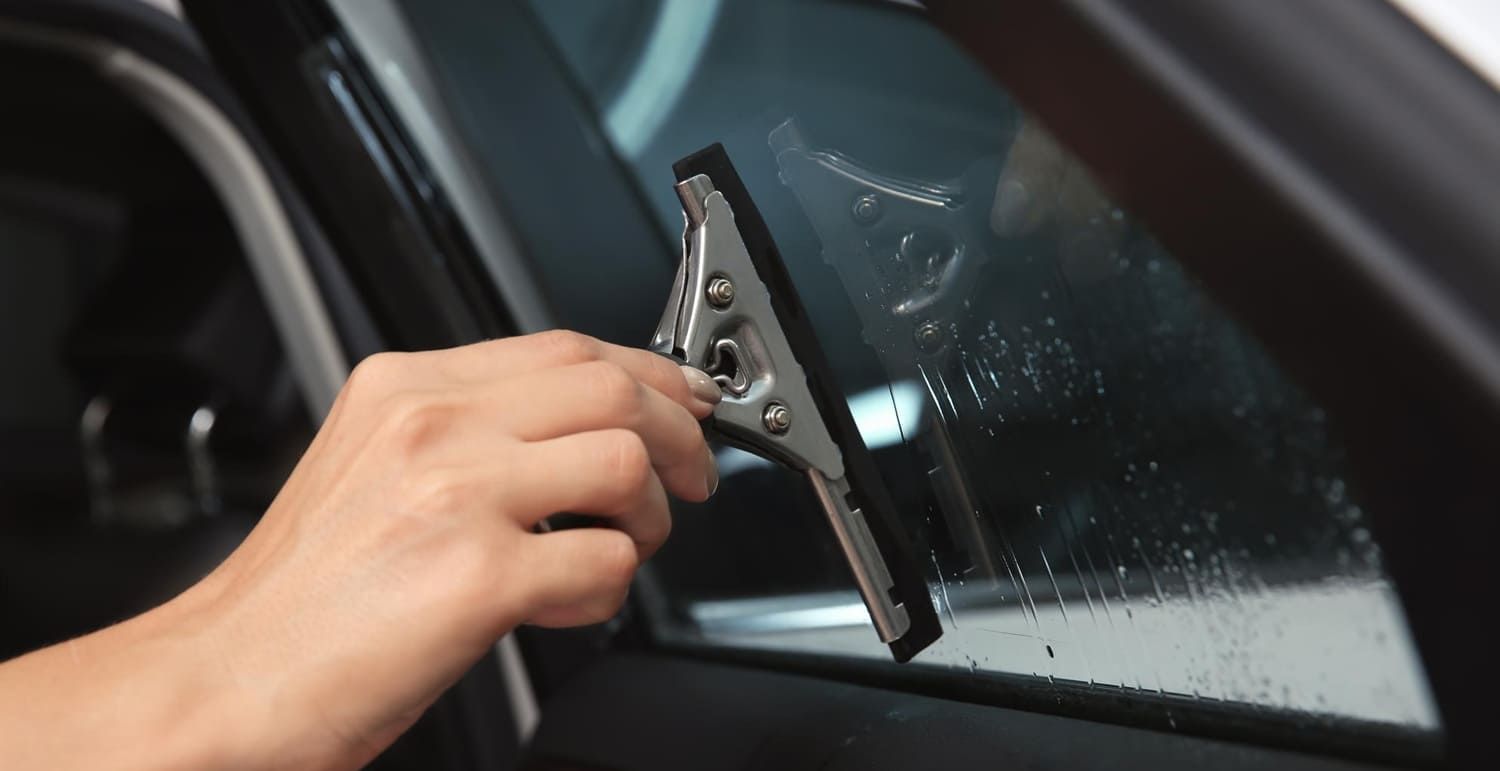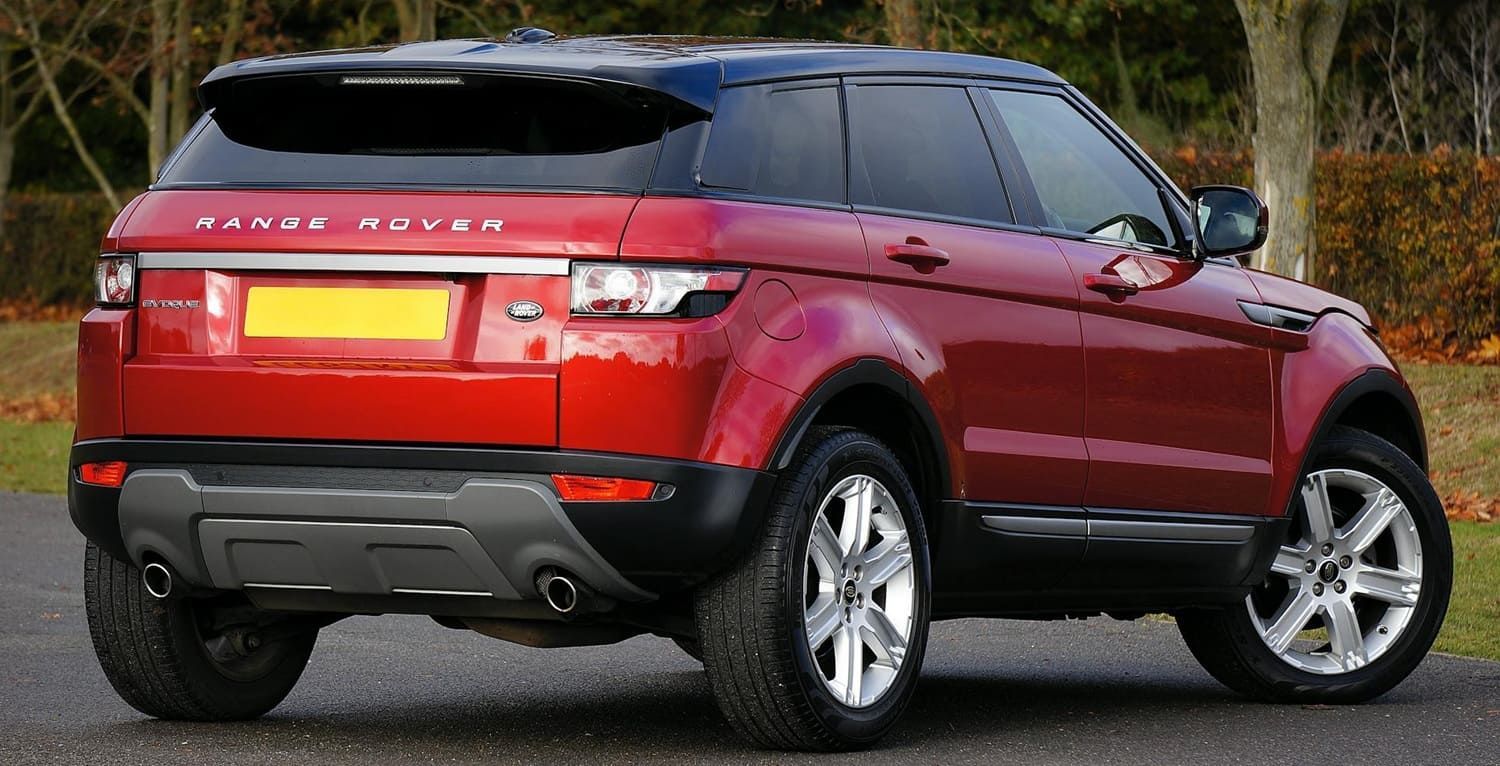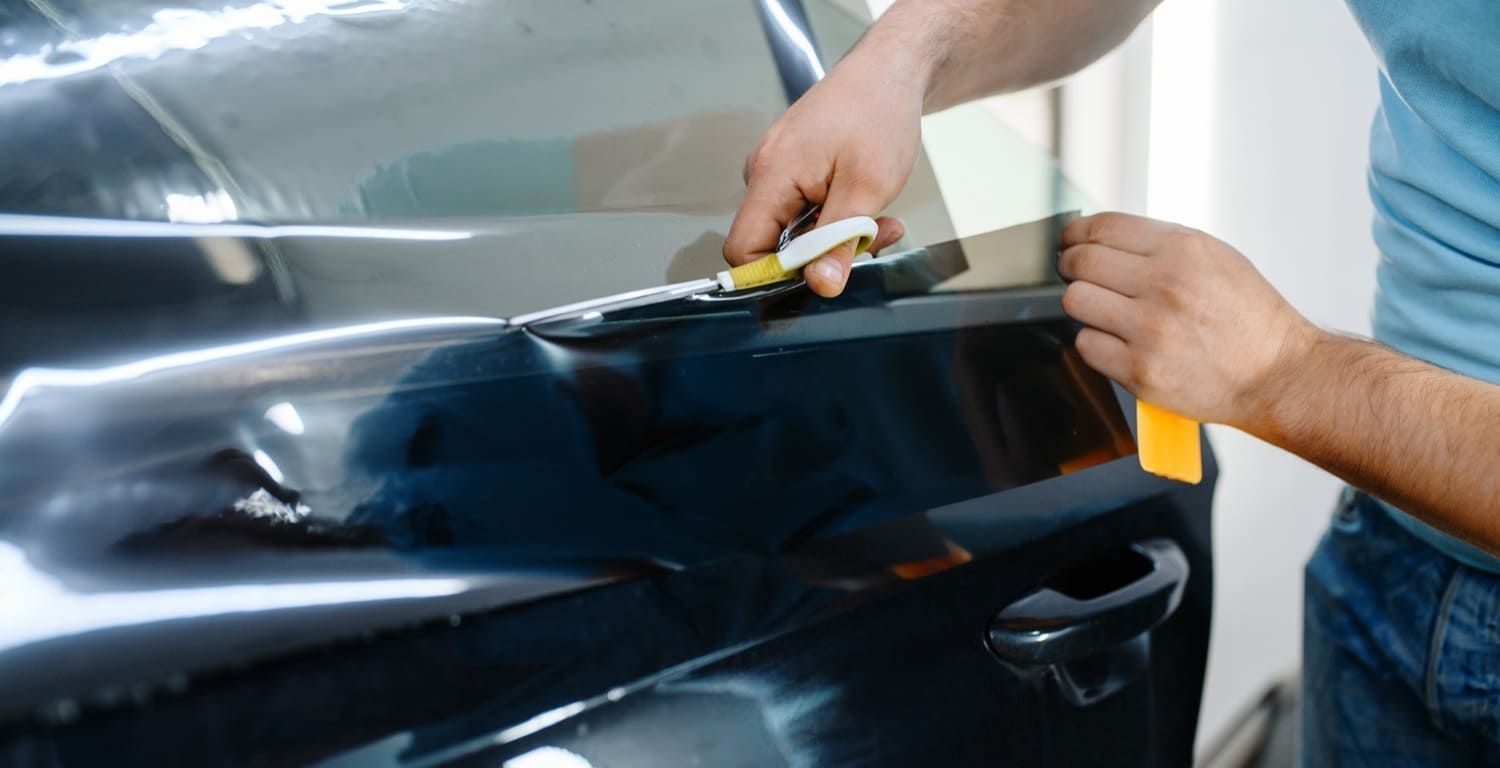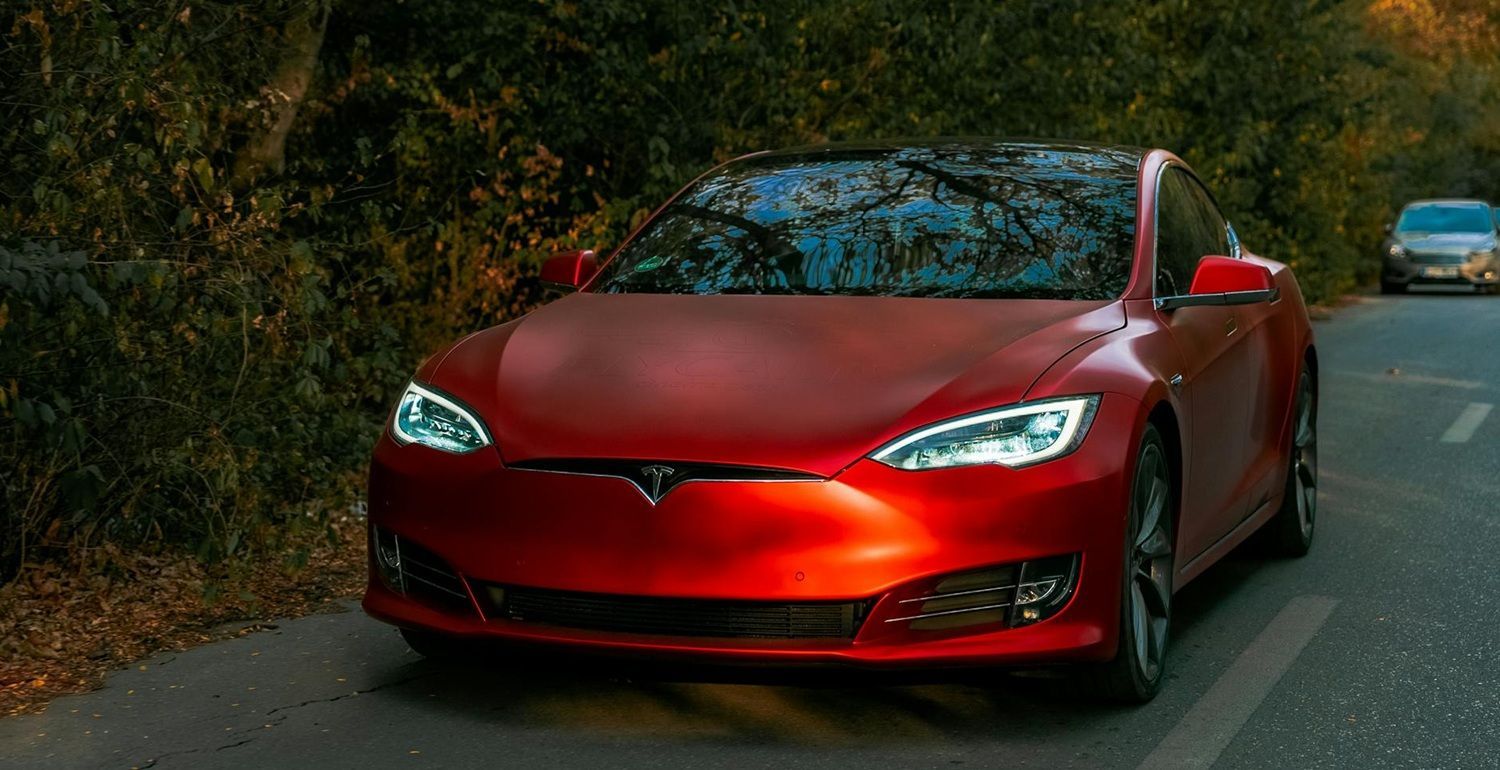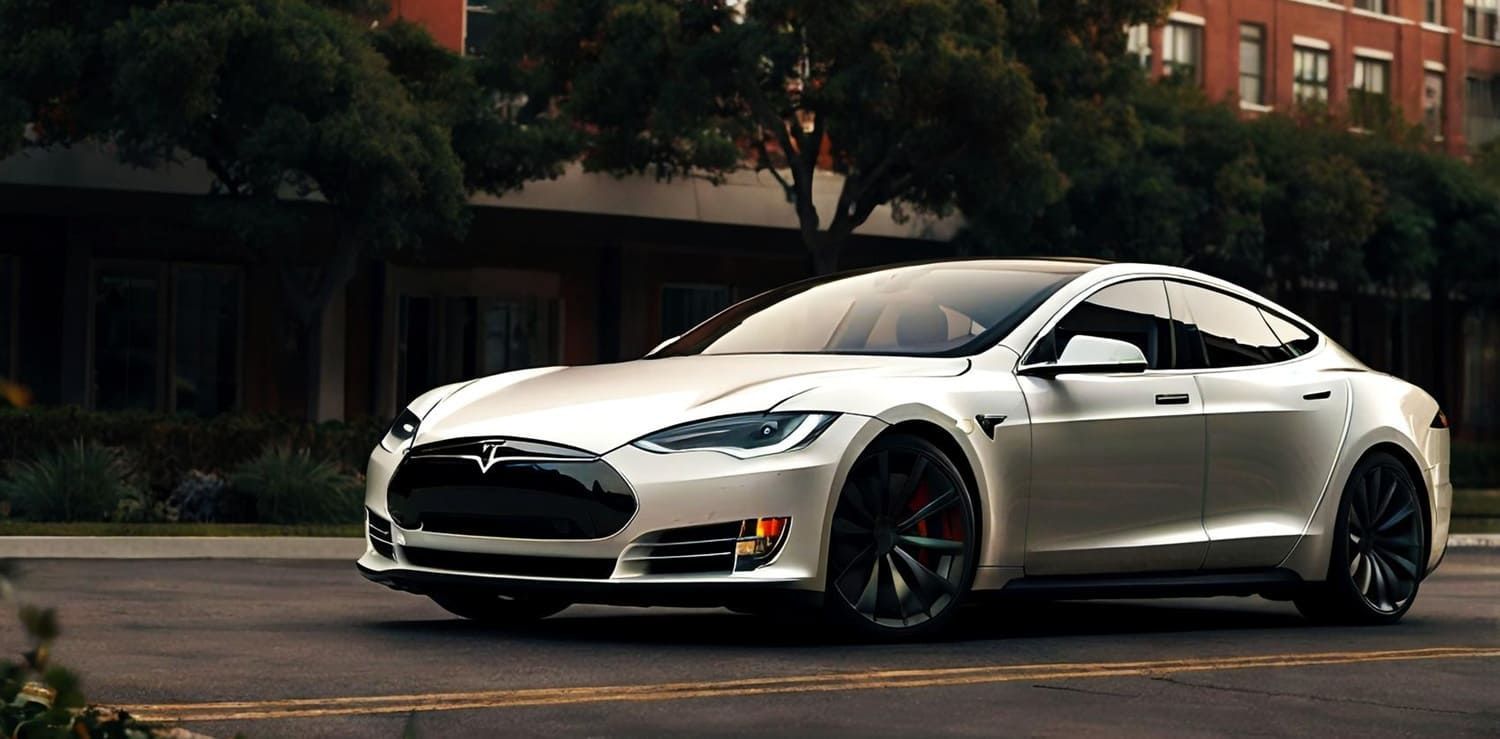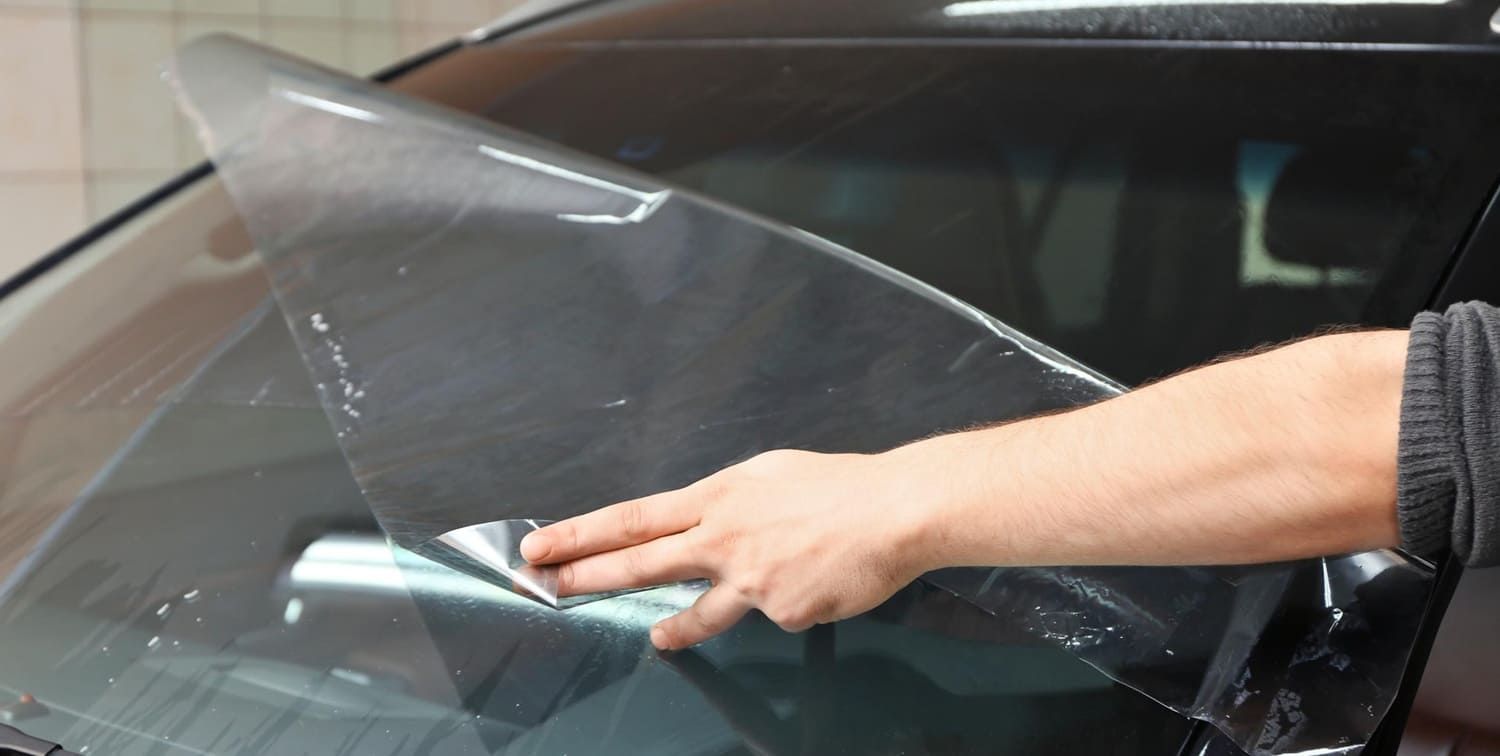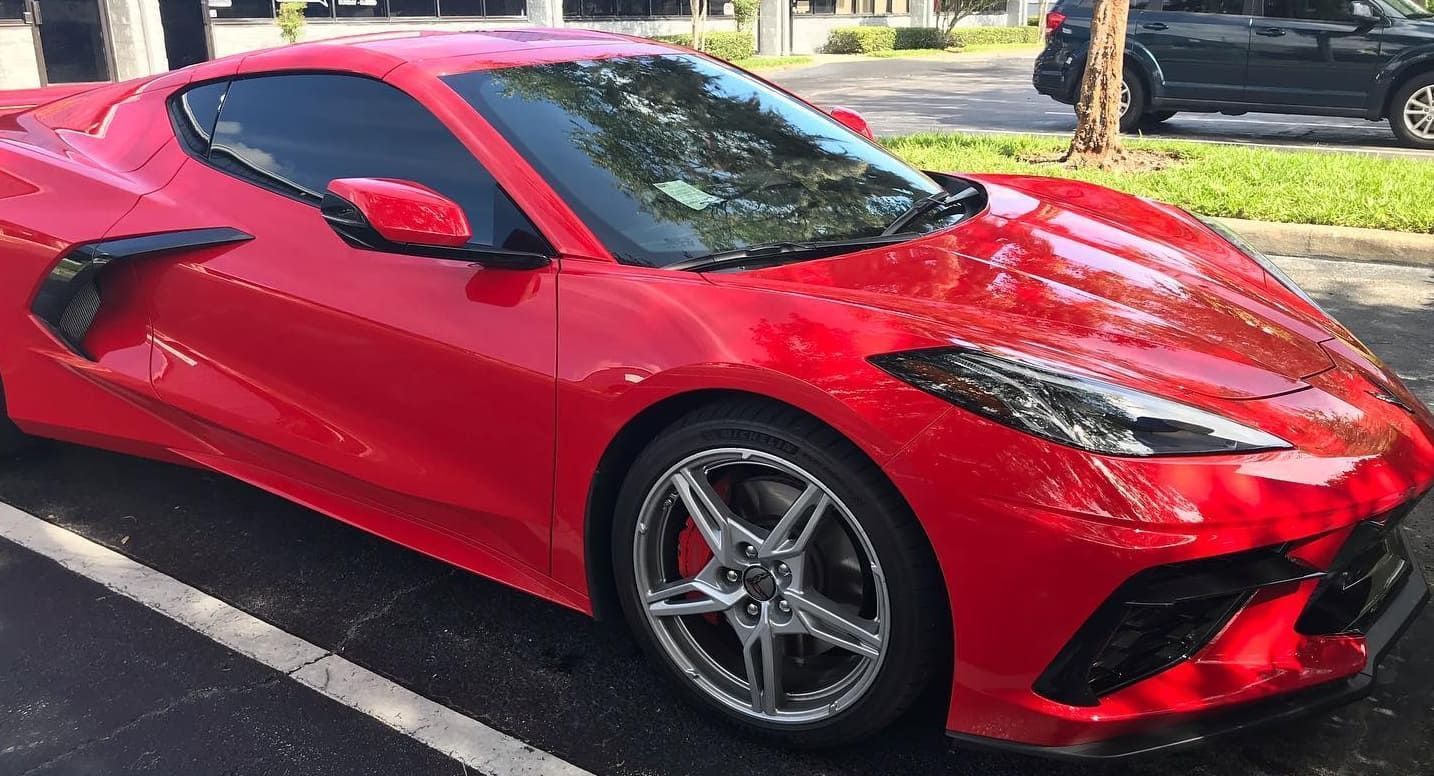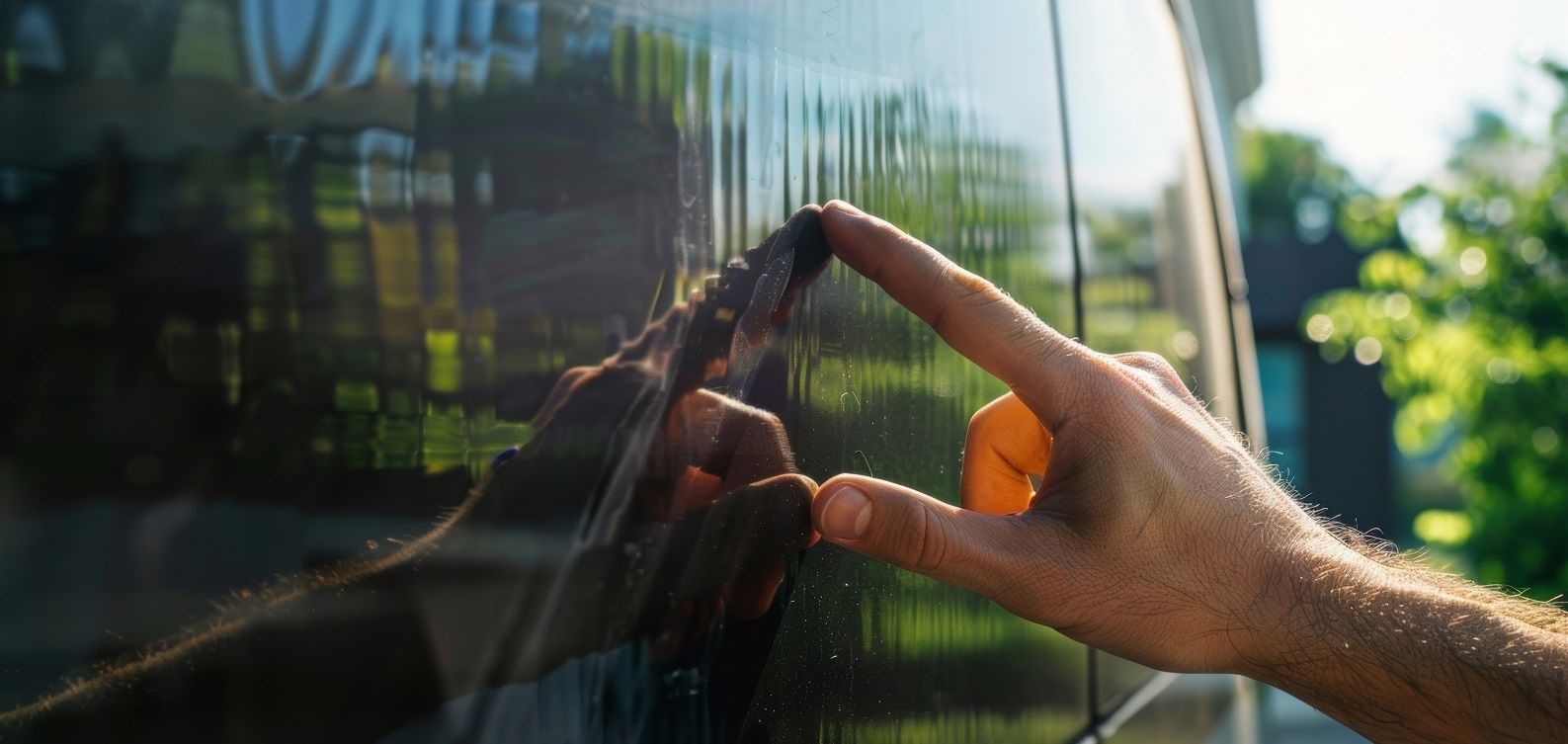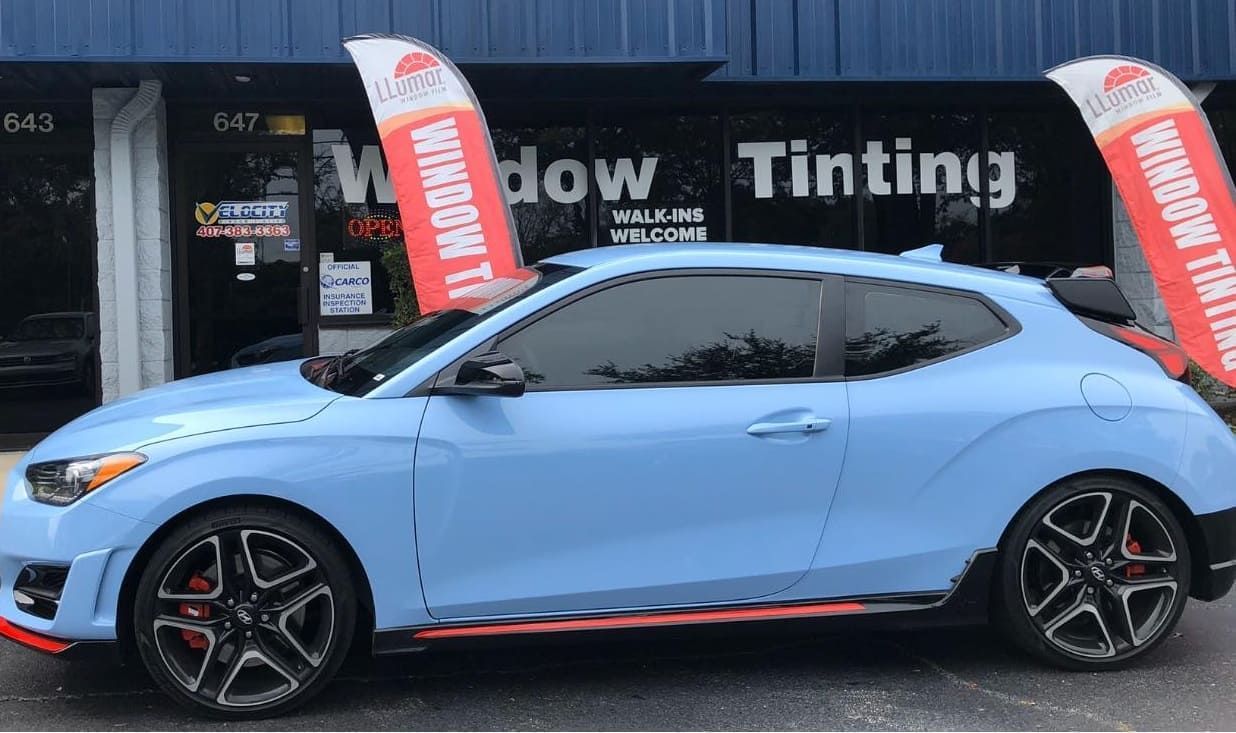How Tinted Windows Reduce Heat
As the sun blazes down on your car, the interior can quickly turn into an oven.
This is not just uncomfortable. It can also damage your vehicle's interior and pose health risks.
One solution to this problem is tinted windows.
Tinted windows can significantly reduce the amount of heat entering your car. They can also block up to 99% of harmful UV rays.
In this article, we'll explore how tinted windows reduce heat, the science behind it, and the benefits they offer.
Whether you're a car owner looking to protect your vehicle or someone living in a hot climate, this guide will provide you with valuable insights.
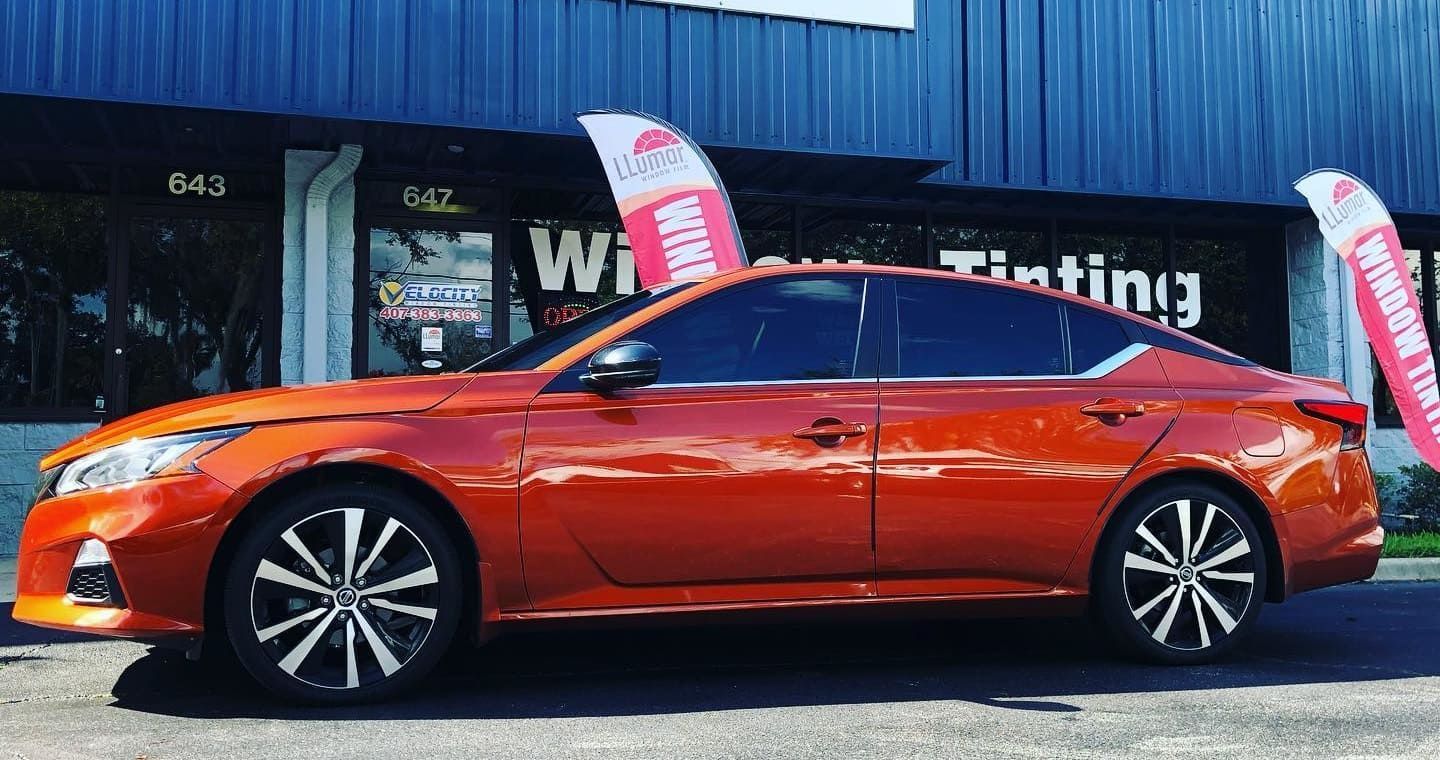
Understanding Window Tinting and Heat Reduction
Window tinting involves applying a thin laminate film to the glass surfaces in automobiles.
This film is designed to reduce the amount of heat and light entering the vehicle.
The effectiveness of heat reduction depends on the quality and type of tinting film used.
Different types of window tinting films are available, each with its unique properties and benefits.
Let's delve into the science behind tinted windows and explore the different types of window tinting films.
The Science Behind Tinted Windows
Tinted windows work by reflecting and absorbing a portion of the sun's rays.
The tinting film contains particles that can either absorb solar energy or reflect it away.
This reduces the amount of heat that enters the vehicle, keeping the interior cooler.
Types of Window Tinting Films
There are several types of window tinting films, each with its unique properties and benefits.
These include dyed, metalized, hybrid, carbon, and ceramic films.
- Dyed Window Films
- Metalized Window Films
- Ceramic Window Films
Let's take a closer look at each of these.
Dyed Window Films
Dyed window films are a popular choice for car owners.
They are more affordable but may not provide the same level of heat reduction as other types.
Metalized Window Films
Metalized films contain tiny metallic particles that reflect heat.
However, they can interfere with GPS and radio signals.
Ceramic tints are known for their high effectiveness in blocking heat.
They do not interfere with electronic signals, making them a preferred choice for many.
Benefits of Tinted Windows for Heat Reduction
Tinted windows offer several benefits beyond just heat reduction.
They can block up to 99% of harmful UV rays, provide privacy, and improve fuel efficiency.
Let's explore these benefits in more detail.
UV Protection and Health Benefits
Tinted windows can block up to 99% of harmful UV rays.
This protects passengers and the interior of the car from sun damage.
Enhanced Privacy and Security
Tinted windows reduce visibility into the vehicle.
This provides privacy and can deter potential thieves.
Improved Fuel Efficiency and Comfort
By reducing the heat inside the car, tinted windows can lower air conditioning usage.
This can improve fuel efficiency and make the ride more comfortable.
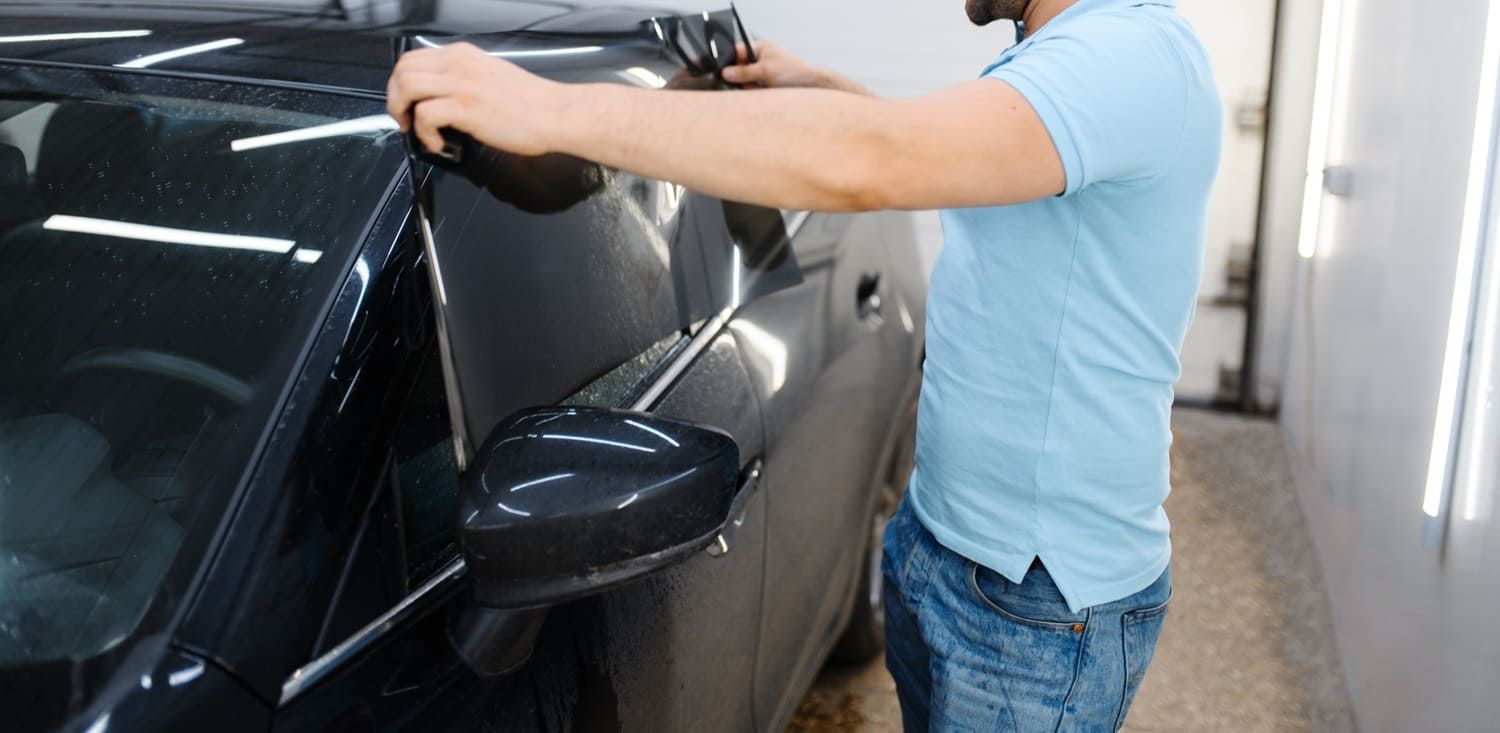
Legal Considerations and Installation Tips
Before getting your windows tinted, it's important to consider the legal aspects.
Also, the installation process can greatly affect the effectiveness and longevity of the tint.
Checking Local Window Tinting Laws
The legality of window tinting varies by location.
Specific regulations exist on tint darkness and reflectivity, so it's crucial to check local laws before proceeding.
Professional Installation vs. DIY
While DIY kits are available, professional installation is recommended.
Professionals ensure proper adherence of the film, avoiding issues like bubbles or peeling.
Maintaining Your Tinted Windows
Once your windows are tinted, proper care is essential to maintain their effectiveness and appearance.
This typically involves cleaning with a soft cloth and an ammonia-free cleaner to avoid damaging the film.
Conclusion: Is Tinting Your Windows Worth It?
Tinting your windows is a worthwhile investment for many reasons. It not only reduces heat but also provides UV protection, privacy, and improved fuel efficiency.
Moreover, it enhances the aesthetic appeal of your vehicle and can even increase its resale value.
Final Checklist for Choosing Window Tinting
Before you decide to tint your windows, consider the following points:
- Check local laws regarding window tinting.
- Choose the right type of tinting film for your needs and climate.
- Consider professional installation for best results.
- Plan for proper maintenance to ensure longevity.
Remember, the right tint can make a significant difference in your driving comfort and vehicle performance.
If you'd like to learn more or want to know how Velocity Window Tinting can help you achieve your desired tint levels, contact us today to get a free estimate!

